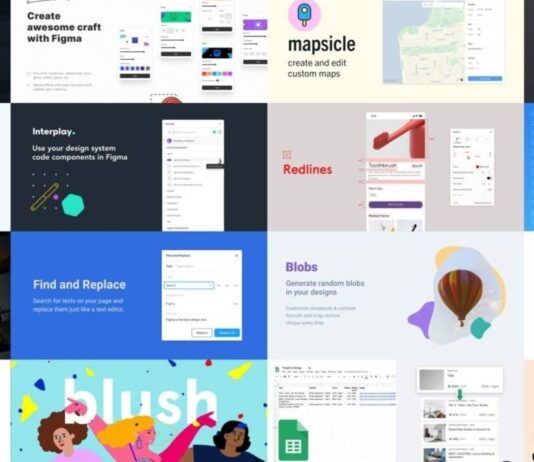“What if we just…?”
A designer’s worst nightmare
Continue reading on UX Collective »
Rolling out Figma to the design team — tips, learnings, and challenges
Rolling out Figma to the design team — tips, learnings, and challengesPart 3: How we migrated our design team to Figma.Illustration by Alexander FandénAs the coronavirus hit the travel industry earlier this year, the design team at Agoda looked at how we could save costs without sacrificing the qual..
Defining a pricing strategy: How to monetize your SaaS
This article will give you an overview of some of the most fundamental topics related to Monetization and Pricing Strategy for SaaS
Continue reading on UX Collective »
How to improve a bad data visualization
Learn how to revise and resubmit your data story
Continue reading on UX Collective »
How the brain can read and feel any sensory data streams
The rise of neuroprosthetics and Human-augmenting Technologies
Continue reading on UX Collective »
Pitching accessible and inclusive design solutions
SourceWe shouldn’t have to pitch the need to integrate this into our digital work process. Building solutions that are inclusive is part of our responsibility as designers. Everyone should care about creating solutions that a bigger audience can use. But that’s not always the case. In fact, that’s a..
Creating a card game inside Figma
How to use Figma to make a random game of chance
Continue reading on UX Collective »
The ‘what’ and ‘why’ of design debt
The first part of the ‘Design Debt 101’ series.The ‘what’ and ‘why’ of design debtMonday afternoon. Kick-off meeting. This new project looks very promising, you may have discovered a niche no one knew about. It turns out, you need notifications. “Great! We have a notification system. It shouldn’t be..
The trap of certainty
I tend to be a person who is sure of things. I’m certain of many things— what people I like to be around, what I like to eat, where I like…
Continue reading on UX Collective »
The “thumb-driven design” and why UI is shifting down
Phone screens are getting bigger, and user interfaces are moving.
Continue reading on UX Collective »









